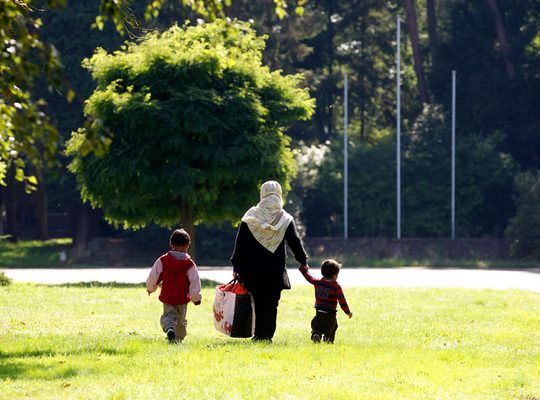You are here
“The European Parliament further weakens the slack and unworkable border procedure”

“After the 2019 elections, the European Commission finally understood the message from angry and frustrated European voters. A comprehensive European Migration Pact had to be and would be put in place. But four years later, we are still waiting for the first result,” say N-VA parliamentarians Assita Kanko and Theo Francken.
Stricter, but not for everyone
A text was made available yesterday, a new asylum procedure directive with a strict border procedure. People who arrive at Europe’s external border without a visa are detained and screened within a few days and - if they are not entitled to asylum - quickly sent back. But what do we learn now? The detention does not apply to unaccompanied foreign minors, nor to illegal families with children under the age of 12. They continue their journey unabated.
Welcome human traffickers
“Europe is encouraging the same abuse with this scheme as we see at the southern border of the United States. Human traffickers use small children to reach the promised land. This is despicable. Not in our name,” say Theo Francken and Assita Kanko. “By placing a total ban on the detention of minors in the framework of repatriation, the Vivaldi government is making Belgium the place to be for human traffickers.”
Not realistic
How can that procedure suddenly be completed in a few weeks? Because it is also possible to appeal against the detention and against a negative asylum decision. “The average asylum application in Belgium takes more than two years. In countries such as Italy and Greece, they will now handle applications for thousands of people in a matter of weeks. Who are they actually fooling?” Kanko and Francken wonder. “And where will they lock up those tens of thousands of people? Are we going to build mass asylum prisons at our external borders?”
Weak, weaker, weakest
The return procedure is even weaker now. The main focus is on voluntary return. “Anyone who believes that people will voluntarily return a few days after their arrival after a journey of thousands of kilometres is living in a parallel universe. It takes years of procedural battles before there is a final verdict. Even then, we don’t get them sent back in eight out of ten cases. We keep fighting a losing battle, even with the new border procedure,” Theo Francken and Assita Kanko conclude.

